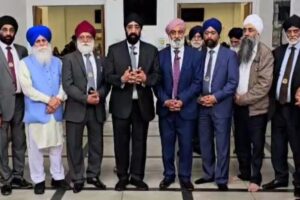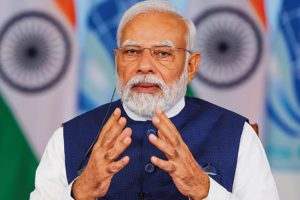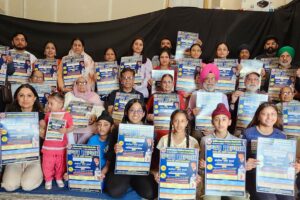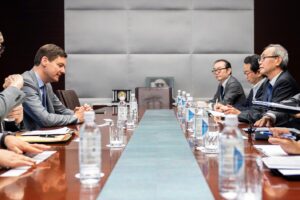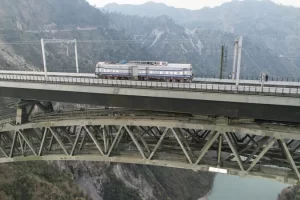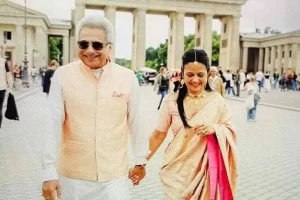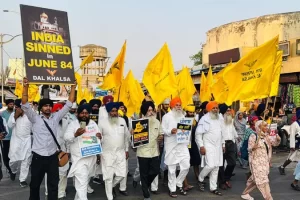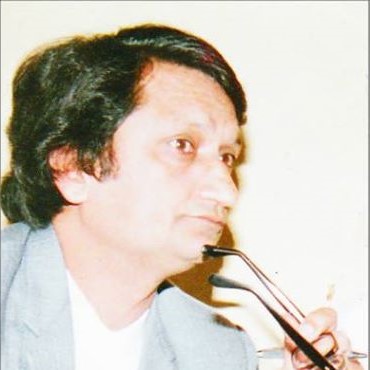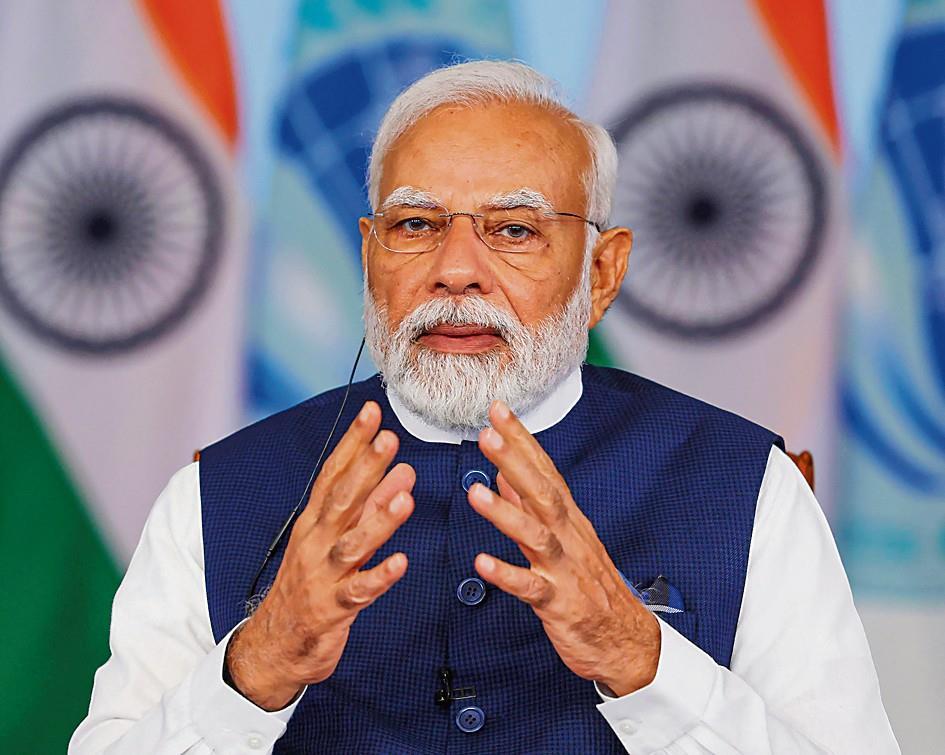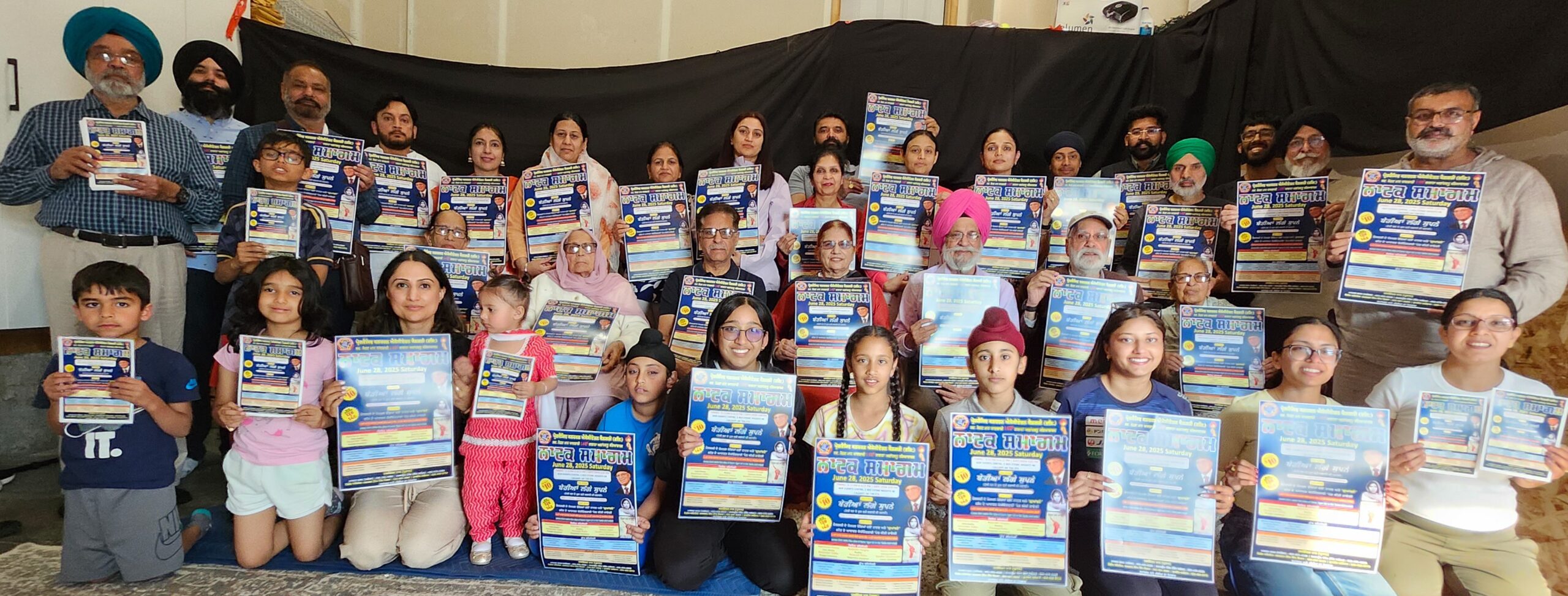Dr. P. R. Kalia-
Edmonton- Commemorating the first death anniversary of revolutionary Punjabi poet Harbhajan Singh Hundal, ‘Progressive Peoples Foundation of Edmonton’(PPFE) held ‘Harbhajan Hundal Yadgari Kavi Darbar’ and a seminar on Sunday, 28 July 2024.
Harbhajan Hundal (1934-2023), who was born in Lyallpur (Pakistan) in 1934, passed away on July 9, 2023, at Fattu Chakk village in Kapurthala district of Punjab. Till his last days, he was steadfast in his ideals.
Harbhajan Hundal’s collections of poems (20 books) are a testimony to his commitment to social justice and a more equitable socio-economic order. He was a committed poet dedicated to radical transformation of society. As such, the world for Harbhajan Hundal, was a “war zone” of sorts where he fights his battle, armed with the arsenal of words, symbols and metaphors. Bold, repeated words, and clear, vivid images served his purpose to convey his pounding heart and to communicate the realities he was experiencing in a way that could be understood immediately by a wide audience.
Besides other three collections of poems (Dostinama, Mere Bol, Meri Ghazal), his complete poetry has been published as ‘Kavita Di Talash’ in 2003.
In addition to this, he has also written travelogues and autobiographical accounts. Some Punjabi poems of Hundal were introduced to the English readers. And being an ardent literary translator, he has translated selections from Pablo Neruda, Garcia Lorca, Bertolt Brecht, Vladimir Mayakovsky, Mahmoud Darwish, and others into Punjabi. Altogether, he wrote about sixty books.
Sharing his memories of Harbhajan Hundal, keynote speaker Prof. Raghbir Singh ‘Sirjana’, who had come all the way from Vancouver, remarked that “Hundal was the one who had made an imposing impression on me. I was associated with him since 1965, when we both along with Surinder Gill started Punjabi magazine ‘Sirjana’.
“Imbued with ‘Punjabiat’, Hundal was a talented poet of revolutionary fervour, hope and memory. Hundal glorifies his native land, its farmers and its pre-imperial culture of collectivity and harmony. Although he wrote prolifically on the topics of justice, resistance, and revolution, Hundal rarely allowed political rhetoric to overpower his poetry. Through poetry, he constantly strengthened the socio-political consciousness in the masses. Everyone can find their share in his writings. The tone of rebellion and change in his poems was so strong that his every word challenged the system.”
Further, recalling the old days, Prof. Singh opined that “At the back of the sectarian division of Indian sub-continent in 1947, unleashing bloodshed, his poetry spans more than half a century of turbulent recent history—facing Naxalbari movement, and confronting Emergency imposed in 1975. Hundal strongly opposed the dictatorial decision and was jailed for opposing the emergency. He vehemently opposed Khalistani movement in Punjab.
“Hundal’s poetry provides succour and strength, sustenance and hope to carry forth and guide the next generation to carve its own path. Such a powerful and progressive poetry should be recognized, celebrated, and lived by. More than political and ideological commitment, it was social and cultural alignment that impelled him to write his profoundly innovative poetry. He always kept aloof from literary circles and their politics. Astonishingly enough, his poems didn’t find place in the university- syllabuses. Though he is no more with us, but he lives in our thoughts through his poems,” believed Prof. Raghbir Singh.
Spellbound audience listened to him with utmost attention. Another speaker on the subject, Prof. Surjit Brar impressed upon Harbhajan Hundal as an institution. As a political activist, Harbhajan Hundal remained committed to peoples cause and struggles. Both in his poems and in his prose, there is much to prove that Hundal continued throughout his life to write progressive poems and articles to engage in and to support progressive activism and causes. He disclosed that perhaps Hundal didn’t write any romantic poem.
In the beginning, introducing the subject of the seminar, Dr. P. R. Kalia, President of PPFE, said that “Hundal used his lyric as a powerful tool in the articulation of anger, inequality, and peace. For him, the idea of socialism was to create both more political democracy and more economic justice. His relationship to readers and to his own writing was shaped during the periods of acute political crisis and authoritarianism. In his poems, we experience the voice of a young generation challenging the country’s controlling aristocracy.
“Facing our own era of rising Imperialism and injustices, I hope Hundal illuminate poetry’s poignant nature. He has shown us how poetry can emotionally be potent ingredient in the greater transformative efforts of resistance. As his poems energize, inform, and inspire, we can read Hundal’s poetry as a tool to galvanize, to awaken, to sustain,” ascertained Dr. Kalia.
While expressing his impressions about his illustrious father, Harinder Hundal who lives in Edmonton, told the media: “it goes without saying that I am proud to be the son of this progressive and daring poet. He lives on and inspires peoples hearts and ignites discussions. My father’s poems have guided me in some of my most difficult life decisions and I will be forever grateful to him.” Members of Hundal’s family, and all their near and dears in the city were in presence.
Apparently, Hundal glorifies his native land, its farmers and its pre-imperial culture of collectivity and harmony. Although he wrote prolifically on the topics of justice, resistance, and revolution, Hundal rarely allowed political rhetoric to overpower his poetry. He had the magical power to make us feel something akin to what he felt.
During the second session of the event, a gathering of Punjabi and Hindi poets celebrated the diversity of lyrical outpourings of various hues and tones. The organizers put together a show by some extremely delightful recitations of poems. Approximately, a gathering of around 100 people, were continuously delighted by the poets.
To start with, two popular ghazals of Harbhajan Hundal (‘Tangian kyi Tursian’ and ‘Talwaran Di Churcha’), were recited melodiously by Joginder Randhawa and Laddi Sooch. Similarly, Bakhash Sangha and Jasbir Deol, MLA Edmonton-Meadows, presented two very meaningful poems of Hundal Sahib, namely ‘Sach Appo Aapna’ and ‘Virsa’ respectively. Besides them, Sahil Sooch sung two songs of Shiv Batalvi (‘Peedan da Pragha’ and ‘Birhon”), fully expressed in precision and depth.
With these presentations, the poetic symposium progressed with poets namely: Gurtej Brar, Sevak Singh, Jarnail Kaur Dhaliwal, Pavittar Dhaliwal, Dr. Surjit Brar, Sukhvinder Sidhu, Surinder Sangha, and Dr. P. R. Kalia.
In totality, poems of pure feelings, intuition, imagination, romance and of progressive temperament, for a moment, took the audience far from the madding crowd. In some of the poems, devices such as repetition, symbolism, imagery, metaphor and rhythm were frequently used. On the other hand, poems recited by some of the poets confronted with the day-to-day socio-cultural global issues of the day, revealing the predicament of critical human situation. Some women poets also reflected agonies and ecstasies of day-to-day relationships.
On this occasion two books namely ‘Jangnama Punjab’ by Harbhajan Hundal, and a novel ‘Gulabi Sundi’ by Prof. Surjit Brar, along with a latest issue of Punjabi magazine ‘Lohmani’ were also released.
Kirtmeet Kohar, General Secretary of the PPFE, artfully moderated the Seminar and Kavi Darbar, by commenting upon the poems recited by the poets. He thanked the media in attendance, namely: Gurcharan Butter, Kulmit Sangha and Gurpreet Bajwa. He also expressed his gratitude to the authorities of Senior’s Centre for allowing us to hold the event in their hall, along with sumptuous tea.

